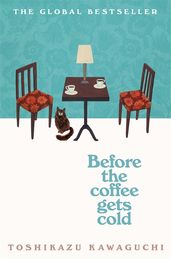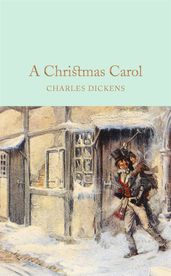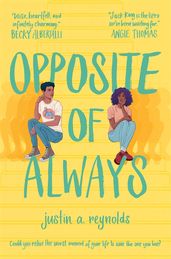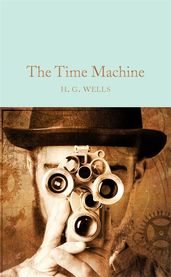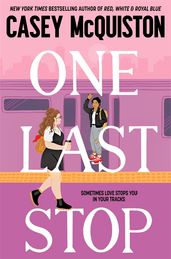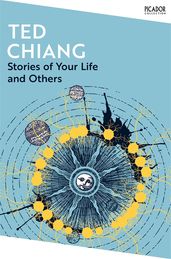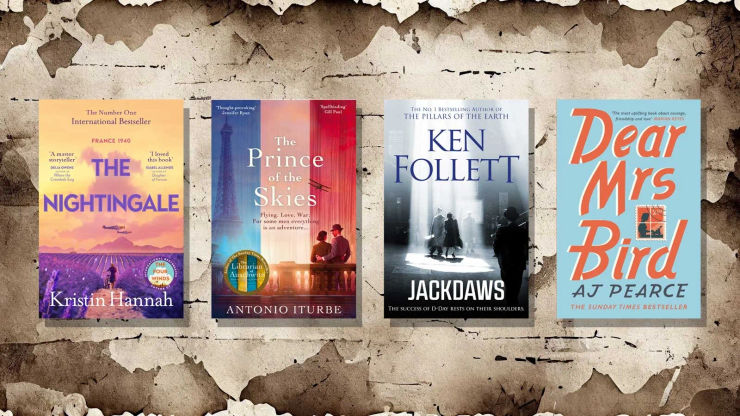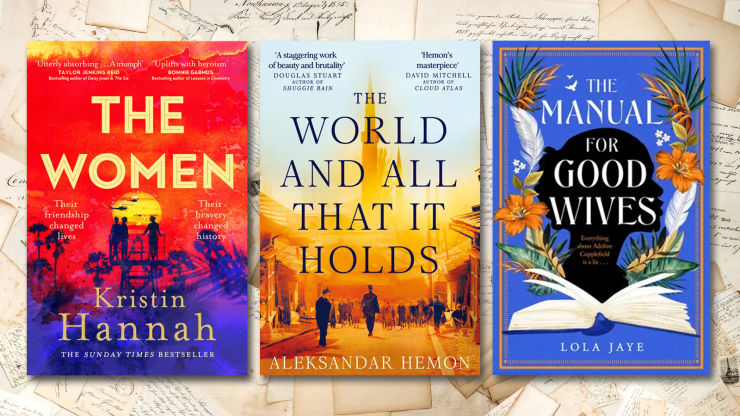The best books about time travel to read right now
Spanning genres and continents, author and ancient historian Jean Menzies shares some of her favourite books about time travel, from tales of redemption to murder mysteries.
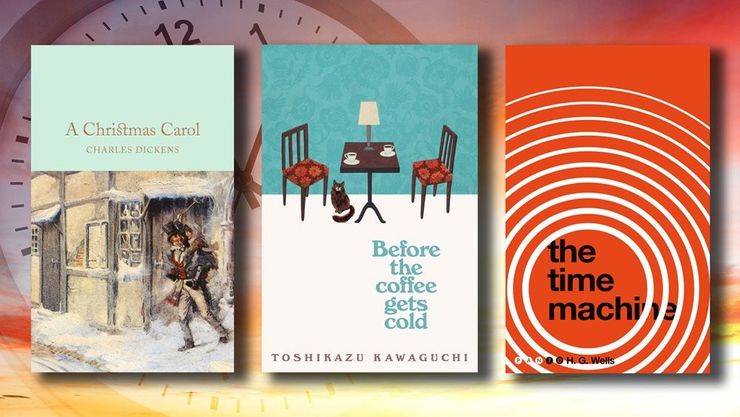
‘Time is an illusion. Lunchtime doubly so.’ Or so says Douglas Adams in The Hitchhiker’s Guide to the Galaxy. When I think time travel, I think science-fiction. And when I think science-fiction I think The Hitchhiker’s Guide to the Galaxy. But the more I mulled it over the more I started to realise how the most impactful time travel novels I’ve read traverse so much more than traditional hard science-fiction. In fact, the time travel genre as I’m now going to call it might be one of the most relatable genres of literature, encompassing the full range of human emotions and experiences. Let me prove it to you.
Before the Coffee Gets Cold
by Toshikazu Kawaguchi
First released in Japan in 2015, this bestseller has since been translated for English audiences. The story takes place in a small basement café in Japan, home to a very special urban legend: visitors can travel back in time. There are strict rules, however; you can only travel back to speak to people who have visited the café itself, you cannot leave your seat while in the past, nothing you do will change the present, and you must return before your coffee gets cold. Each character comes to the café with a new reason to time travel. As many of the patrons discover, you can’t change the present, but you can change yourself.
Kindred
by Octavia E. Butler
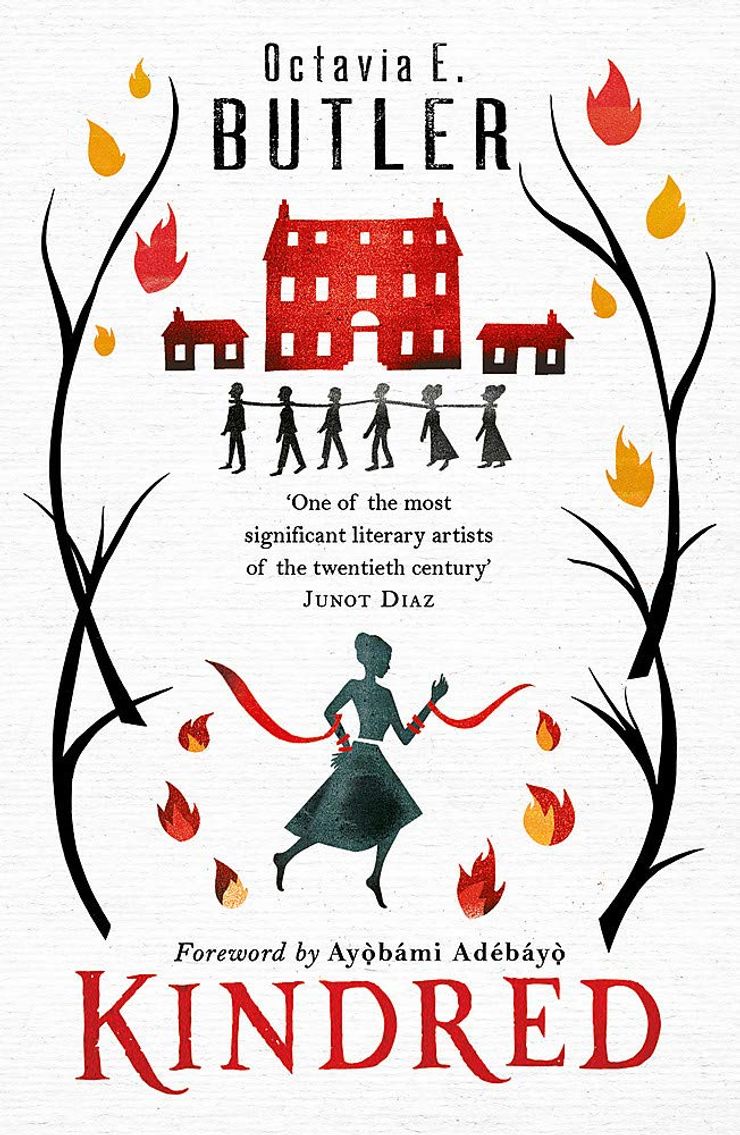
In Butler’s 1970’s classic, we witness our protagonist Dana transported back to the antebellum south at random intervals. Dana is a black woman living in 1970s North America who thinks herself well-versed in the experience of slaves. Knowing and experiencing, however, are two very different things. Appearing in the past without warning, Dana is forced into the role of house-slave to survive. Based on the historical accounts of slaves themselves, Butler uses time travel to great effect. The contrast between Dana’s 20th century expectations and what she must do to survive in the 1800s makes the reader face their biases head-on.
A Christmas Carol
by Charles Dickens
I doubt many of us think science-fiction when we think Dickens, but in actuality, A Christmas Carol is one of the original time travel novels. Set in mid-1800s London, this classic follows Ebenezer Scrooge, a wealthy and miserly Englishman who knows not ‘the meaning of Christmas’. Over the course of one night Scrooge is visited by the ghosts of Christmas Past, Present, and Future. They show Scrooge the impact his cruelty had, has, and will have on one Christmas Day. Each time period offers Scrooge new insights and helps him learn ‘the true meaning of Christmas’.
The Seven Deaths of Evelyn Hardcastle
by Stuart Turton
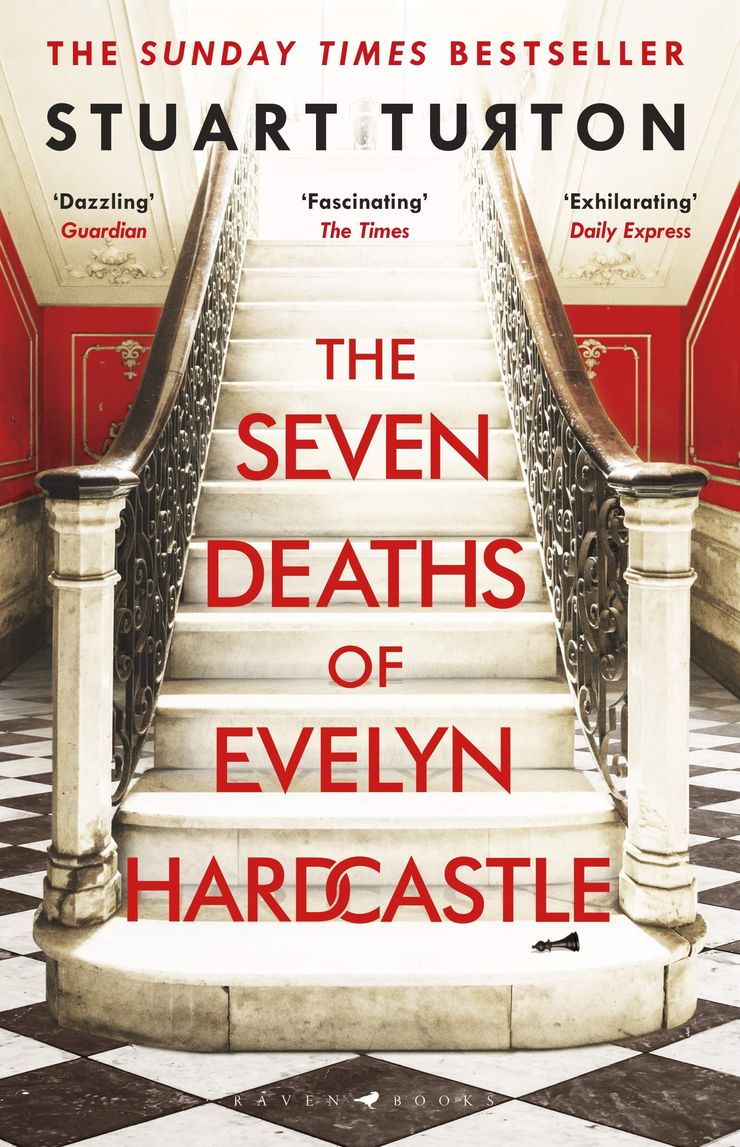
A complex blend of time travel and body-swapping, this is a mystery that has you on your toes every step of the way. Set during an extravagant party held in a manor house, our nameless protagonist wakes every morning to experience the same day, just in a different host’s body. Why? As it turns out he has been tasked with finding out ‘who killed Evelyn Hardcastle’ and he must do so by the seventh day, or all of his memories will be wiped. Time travel doesn’t have to cross huge distances to be exciting, and with each repeat of the day we learn new details surrounding the crime that will inevitably take place each evening.
Opposite of Always
by Justin A. Reynolds
What everyone really hopes for from a bit of time travel, a second chance . . . or five. Reynold’s young adult debut uses time travel to explore the universal experiences of love and grief. The story follows Jack, a young man who’s head over heels in love with his girlfriend Kate. Their relationship comes to a devasting end, however, when Kate dies. Or does it? Unexpectedly, Jack finds himself stuck in an endless loop, reliving his time with Kate, but hoping for a different ending. This is a beautiful and moving novel, where time travels draws us a little deeper into Jack and Kate's story.
The Time Machine
by H. G. Wells
Most of the books on this list, haven’t really dealt with the ‘scientific’ aspect of ttime travel. Enter The Time Machine, literally. Throughout the story, we follow an inventor dubbed ‘The Time Traveller’ whose latest creation transports him more than eight-hundred-thousand years into the future where humanity has been replaced by two races known as Eloi and Morlocks. Through his speculative time travel, Wells poses questions surrounding hierarchy and human relationships. The book popularised the concept in fiction and has continued to have a huge influence on the genre.
We think you'll also like...
Sea of Tranquility
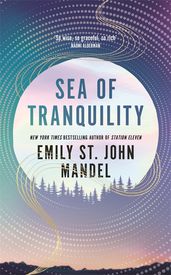
The exiled son of an aristocrat driven to madness, a writer trapped far from home, and a detective in the ever-dark Night City. Three storylines entwine across centuries in the captivating worlds of Emily St John Mandel, author of award-winning Station Eleven. Perceptive and poignant about art, love, and what we must do to survive, Sea of Tranquility is a novel that investigates the idea of parallel worlds and possibilities, that plays with the very line along which time should run.
One Last Stop
by Casey McQuiston
Both hilarious and full of heart, Casey McQuiston brings us the story of cynical twenty-three-year-old August in her latest rom-com. August doesn't believe in magic and cinematic love stories, and she's sure her move to New York will prove her right. But then, on the train, she meets Jane. Instantly charmed by her swoopy hair and soft smile, August's subway crush becomes the best part of her day. There's just one problem: Jane is displaced in time from the 1970s, and August is going to have to use everything she tried to leave in her own past to help Jane.
Stories of Your Life and Others
by Ted Chiang
Stories of Your Life and Others deftly blends human emotion and scientific rationalism in eight remarkably diverse stories where all the characters must confront sudden change while striving to maintain some sense of normalcy. From a soaring Babylonian tower that connects a flat Earth with the firmament above, to a world where angelic visitations are a wondrous and terrifying part of everyday life; from a neural modification that eliminates the appeal of physical beauty, to an alien language that challenges our very perception of time and reality, Chiang’s rigorously imagined fantasias invite us to question our understanding of the universe and our place in it.
